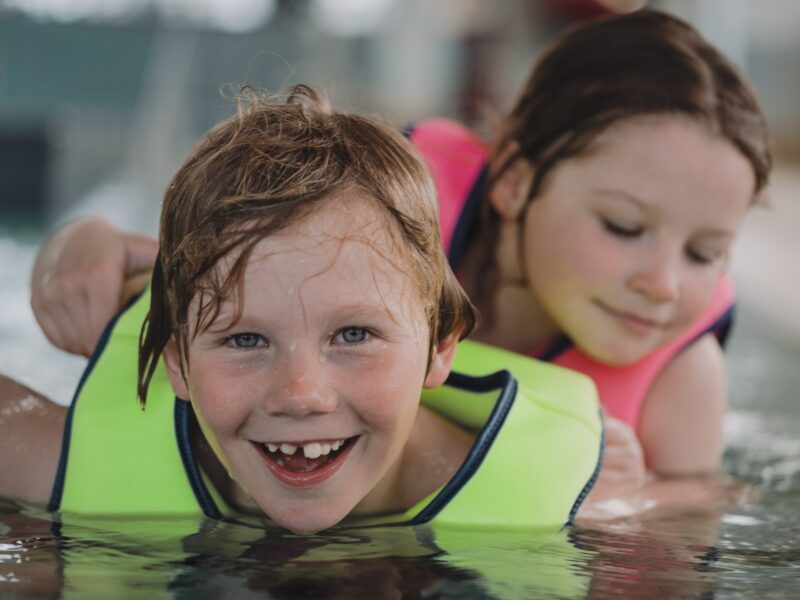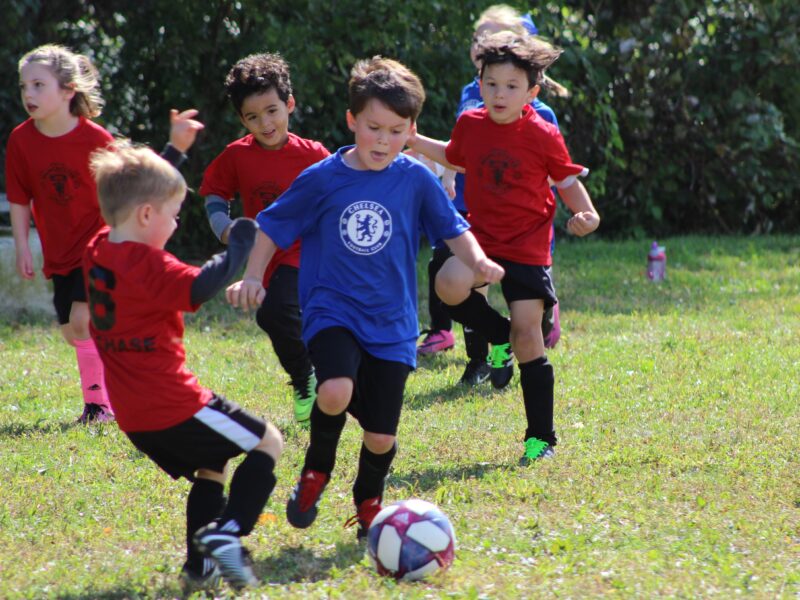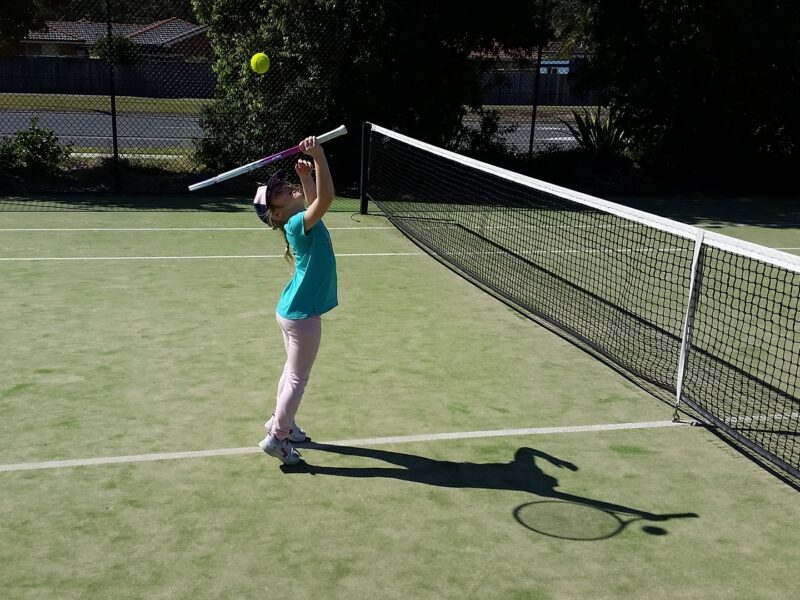
Being able to swim is a highly valuable skill for children to have. In addition, it’s a fun and enjoyable sport, a great form of gentle exercise and can lead to all sorts of opportunities if children are keen to compete.
Rather worryingly, recently research by the Times Educational Supplement (TES) found that over a third of 11 year olds – or 200,000 children – leaving Primary School haven’t mastered basic swimming skills, such as the ability to float, which could save their lives.
According to government standards, by 11 years of age, children should be able to swim 25 metres, use a variety of different swimming strokes and have completed a series of exercises in swimming and floating.
Although the government have pledged to provide more money for schools to provide swimming lessons for children, some schools still have limited resources.
This emphasises even more the need for parents to be involved in helping children develop their swimming skills.
Most leisure centres provide children’s swimming lessons, either in the week, at weekends or during the school holidays.
But simply going swimming regularly as a family, or organising trips for your child and friends to go swimming, is highly beneficial – and it’s better for your child to think of it as a fun thing to do, rather than a chore.
A trip to a local swimming pool, especially if you can find somewhere with slides or other exciting extras, is also a great theme for children’s birthday parties.
Aside from being a great way of using up excess energy, there’s the added bonus that children might not be quite so hyper afterwards, especially if you’ve got them all coming home for birthday tea!
Taking Part in Competitions
If your child is really keen on swimming and is talented in the water, then it may be worth them considering taking part in some competitions.
Local clubs often run swimming competitions, as do leisure centres and some schools.
Competitions provide a good opportunity to set goals, train towards them and then take part in events.
They can help develop an individual’s skills, as well as provide extra learning opportunities, like how to get on with a team.
It can be hard work when they’re working towards the big competition day and may involve plenty of training – early mornings, longer hours in the evening and weekends taken up.
It’s a real commitment, but if your child enjoys it, there are plenty of rewards to be gained.
Supporting your child in their swimming endeavours is crucial and, even if it interferes with other family activities, try and be there, attend the competitions and let them know you fully support and respect their hobby.
Of course, competing isn’t for everyone, so don’t try and force your child into it if they don’t fancy it.
And if they’ve given it a go once and weren’t struck, there’s nothing lost from never doing it again.
If there’s one skill that’s worth teaching your children, it’s swimming. Help your child develop valuable skills that could ultimately save their life.

